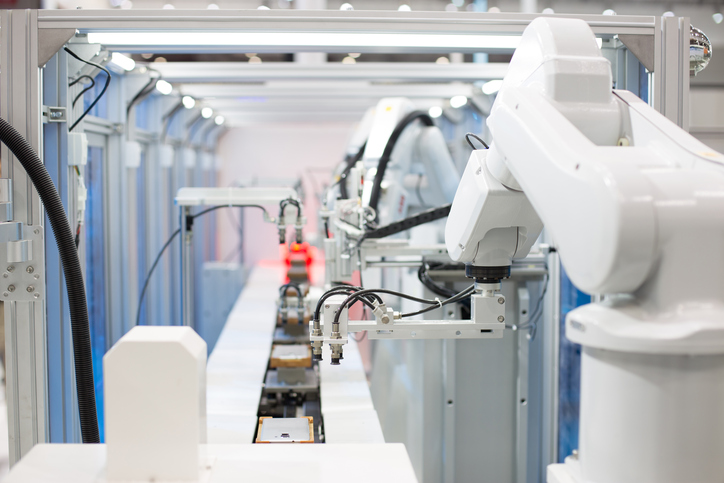We’ve talked a lot about advancements in industry technology and how those changes relate to machinery and human workers. These days, it’s more and more common to see technology playing a bigger role with manufacturing firms. Analysts continue to look at “smart factories” and how they will change the manufacturing landscape, from digitization of operations to collection of new data. A recent Capgemini study posits that:
- More than ¾ of manufacturers have implemented or are working towards implementing some level of smart factory process in their facilities
- The investment of smart factories could add somewhere between $500 billion and $1.5 trillion to the global economy in the next five years
To test these smart tactics gradually, this shift is starting with smaller companies or smaller facilities within large companies. Overwhelmingly, the changes are coming on the production floor to reduce overhead, automate intricate manufacturing processes and allow internet-connected devices to communicate with each other to streamline production flow. For example, Germany-based BASF is heavily utilizing radio frequency ID (RFID) tags to customize and track customer orders from purchase to production to shipment. This same process is used for automated tollway tags and building security badges. GE’s South Carolina plant has started producing its intricately built gas turbines with artificial intelligence in its robotics to take better control of quality assurance.
A few real-world examples are showing that technology and humans can work harmoniously to be proactive and continuously improve business practices, but a widespread shift to smart factories won’t be without its hiccups. A smart factory requires a completely new division of highly skilled workers to implement, manage and maintain always-connected systems. C-level officers would need to pivot their focus to include more than just financials and operations, meaning chief technical officers would need a wealth of knowledge in the fields of robotics, network administration and information technology. Additionally, unskilled labor would need to go through specialized training to learn how to operate equipment in order to keep staffing costs from skyrocketing.
As with many other things in industry, technology is making its presence prominently felt in manufacturing. How accurate Capgemini’s analysis will be in the next five years remains to be seen, but the wheels of change are certainly in motion. Share your thoughts on the rise of smart factories in the comments section below.
